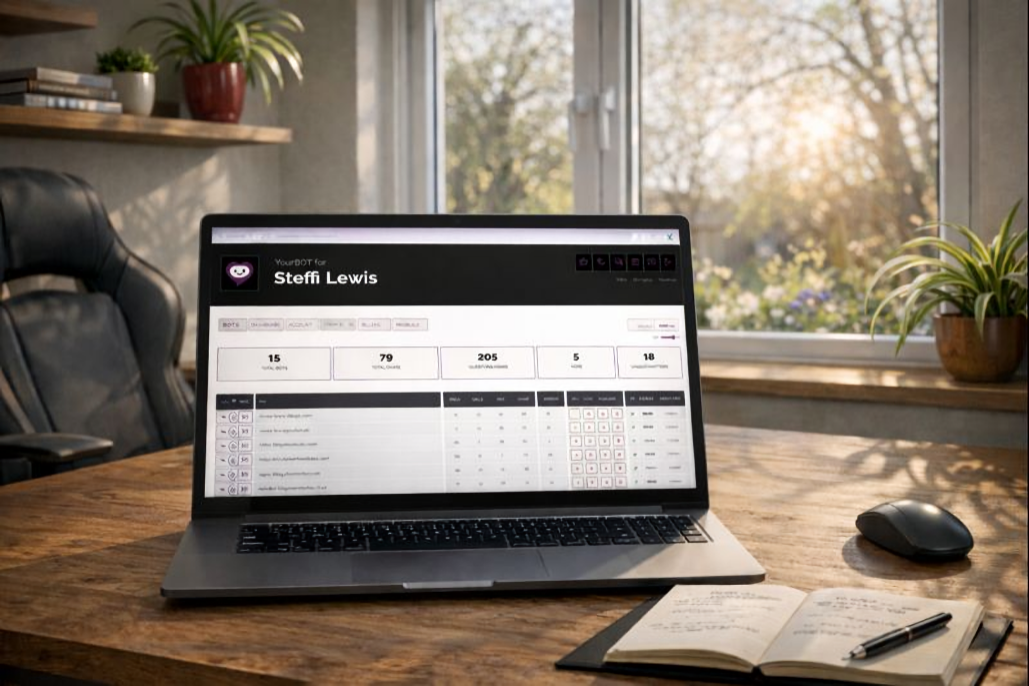So, Why This Business? Why Are You Starting It? And Why Now?
In June, I published this blog post, which started out asking the question, Why are you in the business you're in? Then it went on to list everything that needs to be done. It's a pretty daunting list. I'm pleased to say life has moved on since then, and I'm thrilled to be working with www.theax.ai ... Choosing your business, A path to follow your dreams, Success awaits you Using their software platform, we can build a Maturity Model that guides you on how best to free up your time and money so you can focus on why you chose to run a consultancy business, such as helping you and your clients to be more successful. Make sure you get that copy of my blog next week to start your journey or decide which fork to take next. But for now, let's get on with the original blog post. Let's face it - no one wakes up and says, ''You know what sounds fun? Filing taxes and writing policies for a living!'' No. There's always a deeper reason behind starting a business ... Maybe it's a passion, a personal mission, or the rebellious urge to never sit through another awkward corporate Zoom meeting again. Maybe you've just taken redundancy and are wondering what's next? Whatever your reason, get clear on it. Ask yourself:
Your purpose isn't fluff - it's fuel. It becomes the story you tell, the reason people connect with you, and the backbone of every decision you make. Then we can zoom out and imagine success in full colour. What does your world look like when this plan is up and running? That's your vision - your “this is what winning looks like” moment. When you can distil your future into one powerful sentence, you've nailed it. What you'll see and hear, what will no longer exist - all of that paints a picture of your transformation journey. Your mission is the bridge between you and your clients. It answers the question: "What are people getting when they work with me?" Think results, not just activities. Also, define what you bring to the table - your process, your values, your non-negotiables. You want to be able to confidently say, “I do X so that my clients can achieve Y”. Once that's clear, it's time to identify your target market - aka, your people:
Create a quick-win test: a mini offer, a beta version, a conversation. You'll learn faster from action than a year's worth of daydreaming. Next up, the business model - which is just a fancy way of saying, “How this thing is going to make money without driving you into burnout?” Map out:
Okay, so how will you win at this? No business exists in a vacuum. But that's a good thing because strategy helps you stand out. Ask yourself:
It's also worth doing a quick SWOT or PESTLE analysis (if you like acronyms and charts). Positioning isn't about being louder; it's about being clearer and more relevant. Let's bring it back to reality with planning. Dreaming big is fab, but without a roadmap, you're just a motivational quote with a logo. Set clear intentions:
Get those quick wins and checkpoints sorted so you know what progress actually looks like for you. Then you can make sure the gears turn smoothly because even the best ideas can flop without the right resources behind them. Time, energy, finances, tech, support - it all matters. Create a clear picture of what you need and where you'll get it from. This might include:
Then move on to operational plans - your behind-the-scenes magic. It's where the quality lives. Think:
Get it written down. Call it a manual, a playbook, or a business bible. Just make sure you've got a system and not just a pile of sticky notes and good intentions. And finally, the review. (Don't skip this part. Seriously.) Regular reflection helps you stay focused and flexible. Ask:
So there you have it - the ultimate self-check for your business. Not just fluffy vision boards and spreadsheets (though both have their place), but a genuine conversation with yourself about what you're building, why it matters, and how you'll bring it to life. When you ask the right questions and follow through with clarity and consistency, you don't just run a business, you run a purposeful, profitable mission. And frankly, the world could use a few more of those. Until next time ... JACKY SHERMAN
| ||||||||||||||||||||||||||||||||||||||||||||||||||||||||||||||||||||||||||||||




 | Jacky Sherman The Consultant's Consultant ... |













